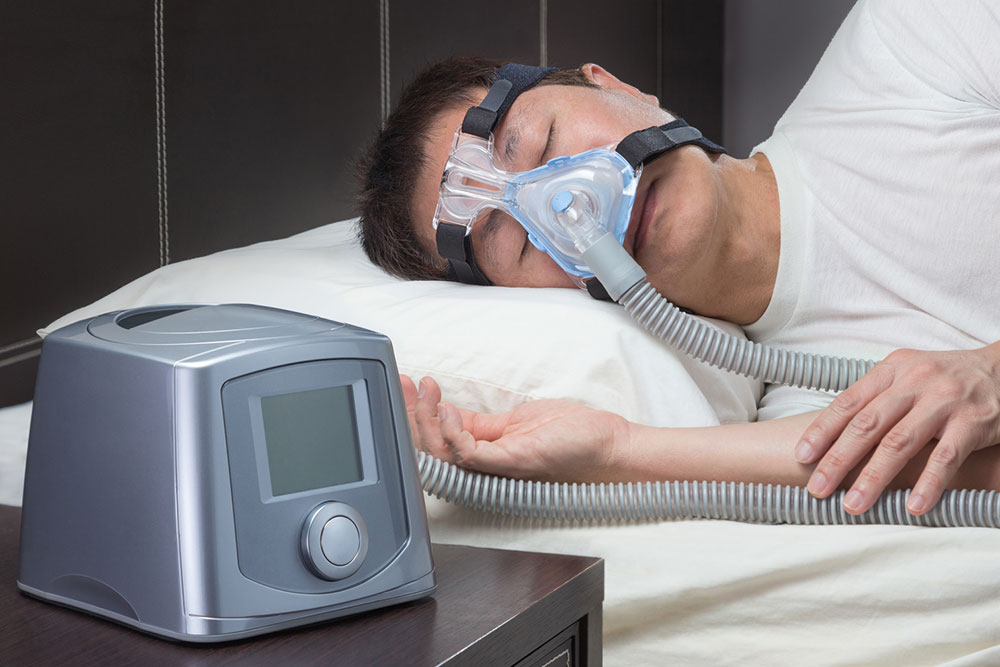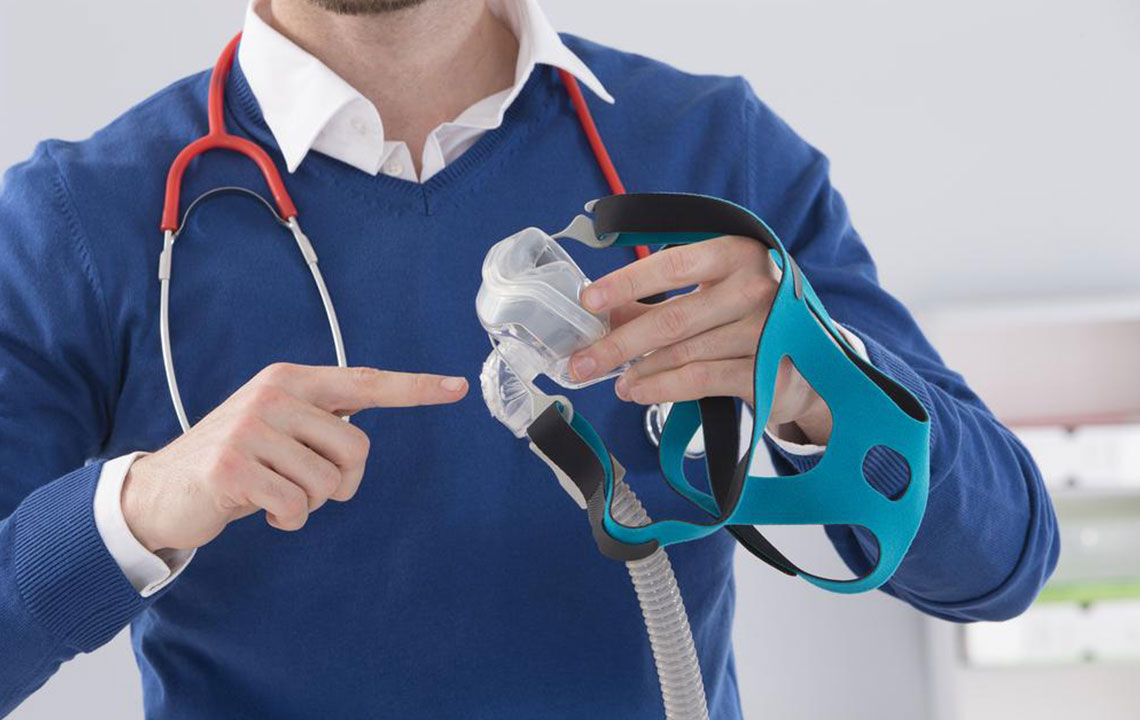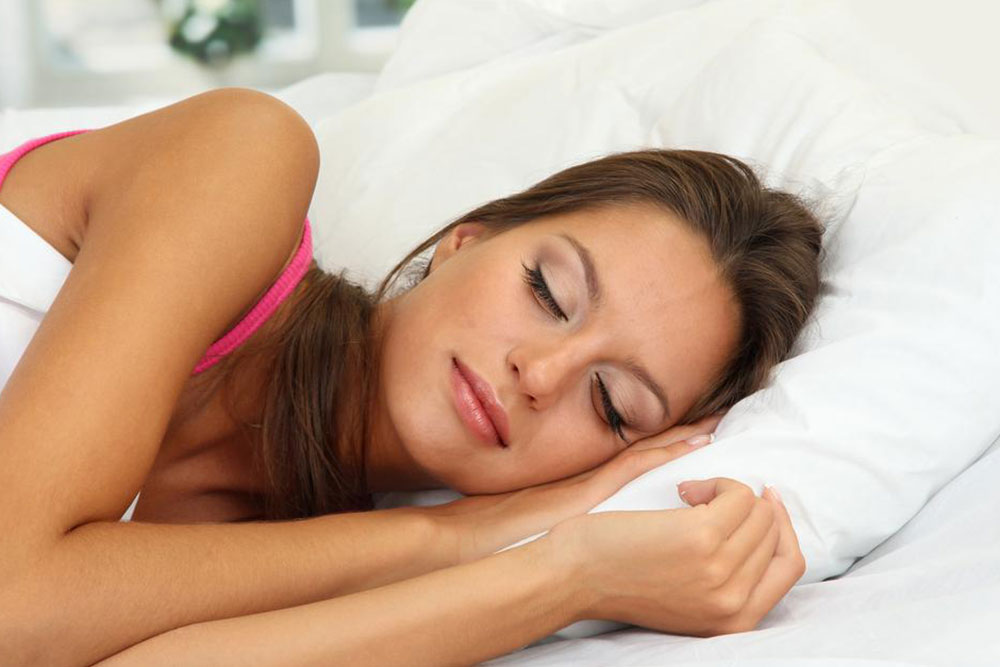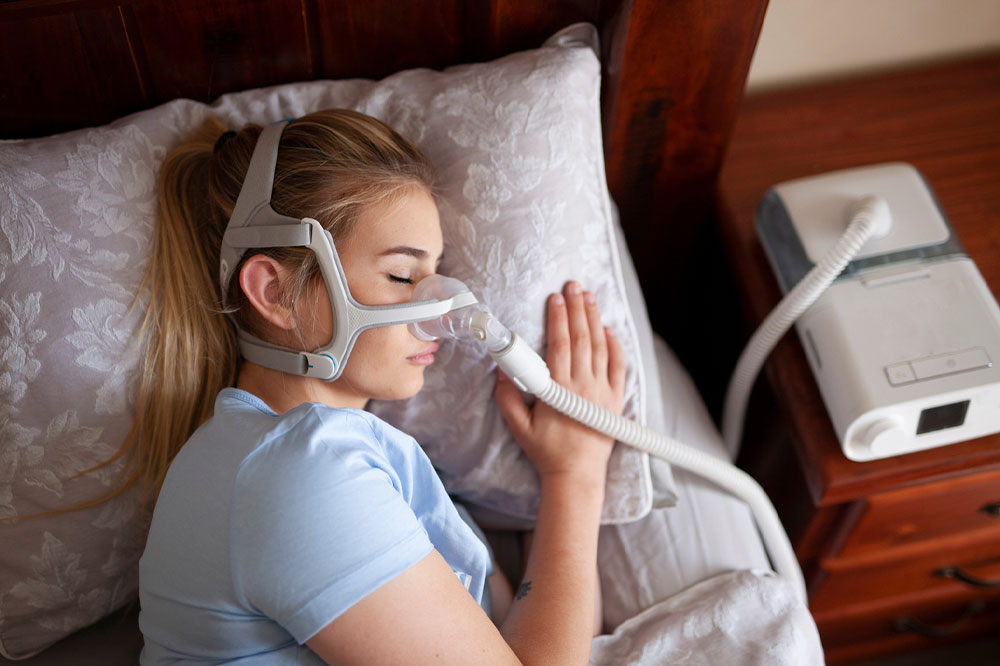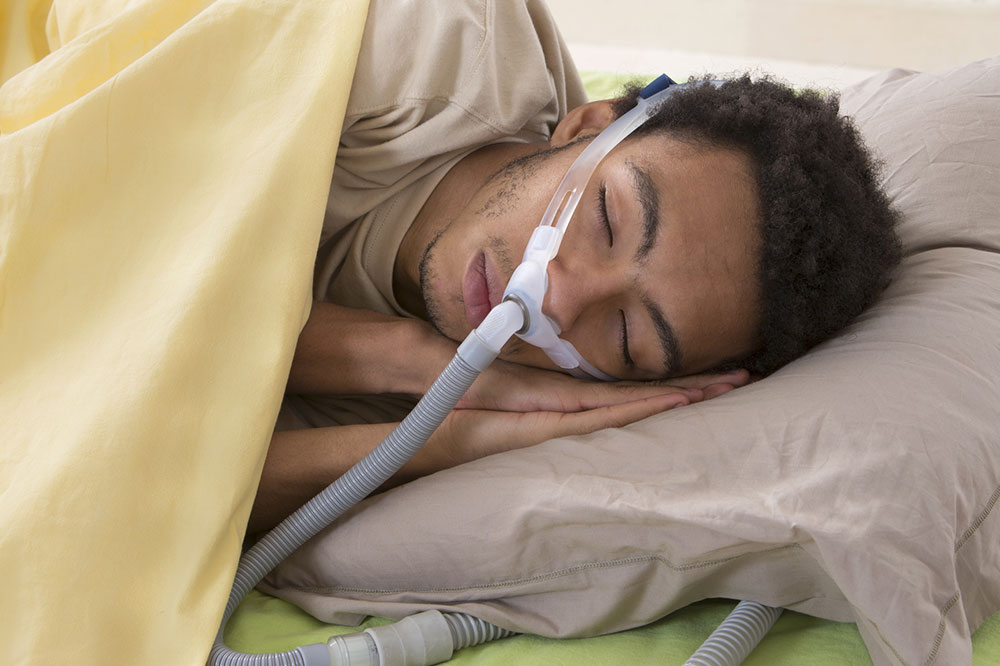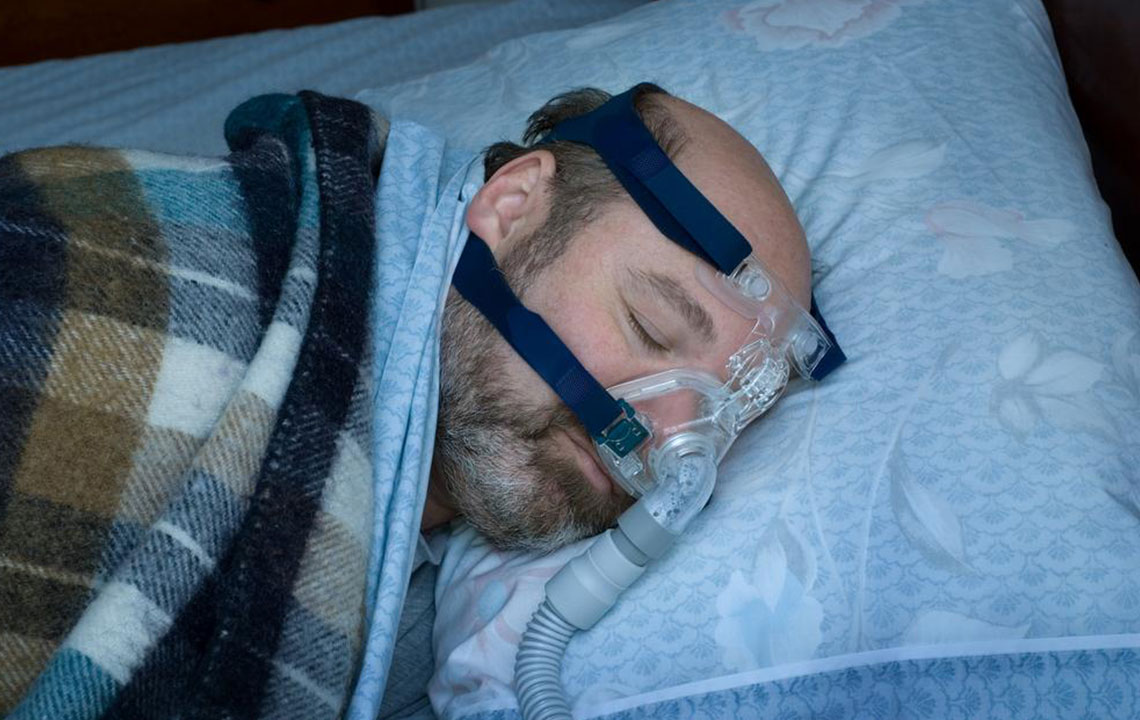Advantages and Disadvantages of Dental Devices for Sleep Apnea
Explore the advantages and disadvantages of dental devices for sleep apnea. Learn about costs, comfort levels, effectiveness, and potential side effects to make informed treatment choices. This guide covers important factors to consider before opting for these appliances, highlighting their role as a convenient alternative or complement to traditional therapies.
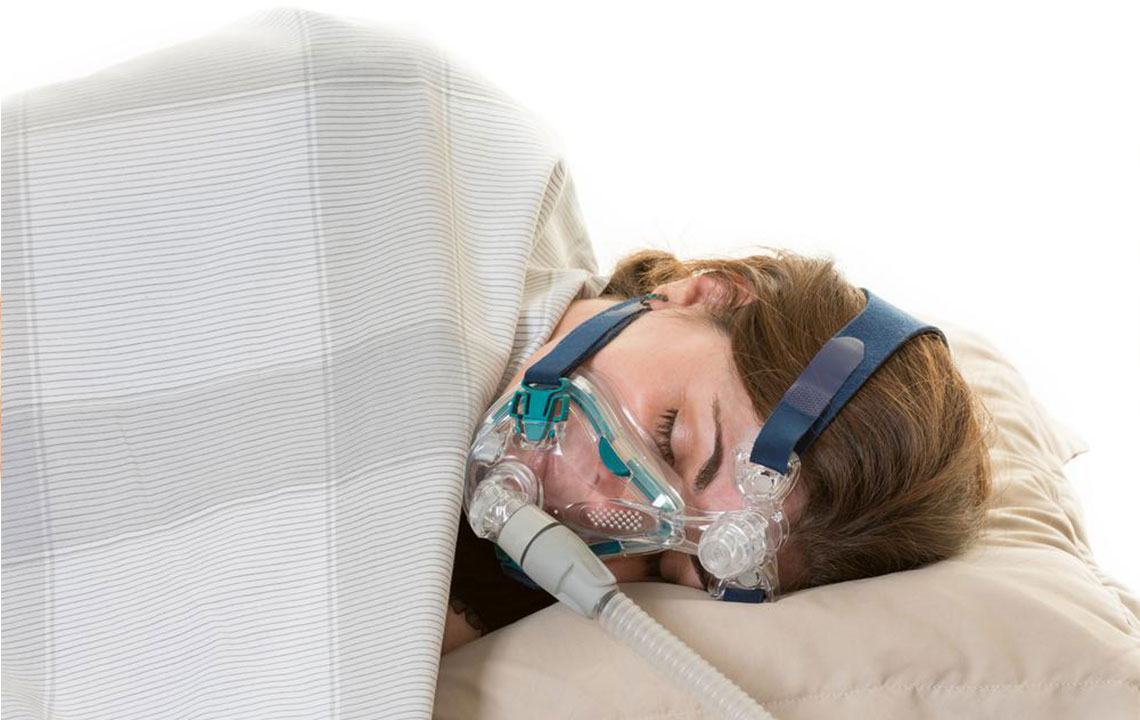
Advantages and Disadvantages of Dental Devices for Sleep Apnea
Costs for sleep apnea oral devices vary depending on the model, as many are custom-made. Expenses also depend on the treatment process, dental practice, and geographic location. While these devices offer benefits, it’s important to consider both their advantages and drawbacks.
Benefits of using sleep apnea dental devices:
Ideal for frequent travelers, as these devices involve minimal equipment and are easy to pack.
Complementary to PAP therapy, especially for patients needing high pressure settings, helping improve comfort during sleep.
In such cases, an oral appliance can be used alongside PAP therapy to prevent the jaw from retracting during sleep. This can reduce pressure and enhance comfort. Device cost tends to be reasonable, making it a favorable option for many.
Many patients find dental appliances more comfortable and less cumbersome than traditional CPAP masks, with fewer entanglements during sleep.
The cost of these devices is comparable to other oral appliances, and insurance coverage can make them even more affordable.
However, there are some disadvantages.
Some users find certain devices uncomfortable to wear.
Severe sleep apnea may not respond as effectively to dental devices.
Custom fitting is required, which can sometimes be challenging.
Excess saliva production, especially with tongue retaining devices, can lead to gum and tooth soreness.
Dental restorations might become loose or fall out.
Jaw soreness, tension, or pain can occur.
Overall, the cost of sleep apnea dental devices might seem high relative to potential side effects. For example, CPAP treatments can cause nasal dryness and irritation, which some patients find more bothersome. Evaluating the benefits against possible drawbacks is essential before choosing a device.

